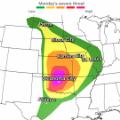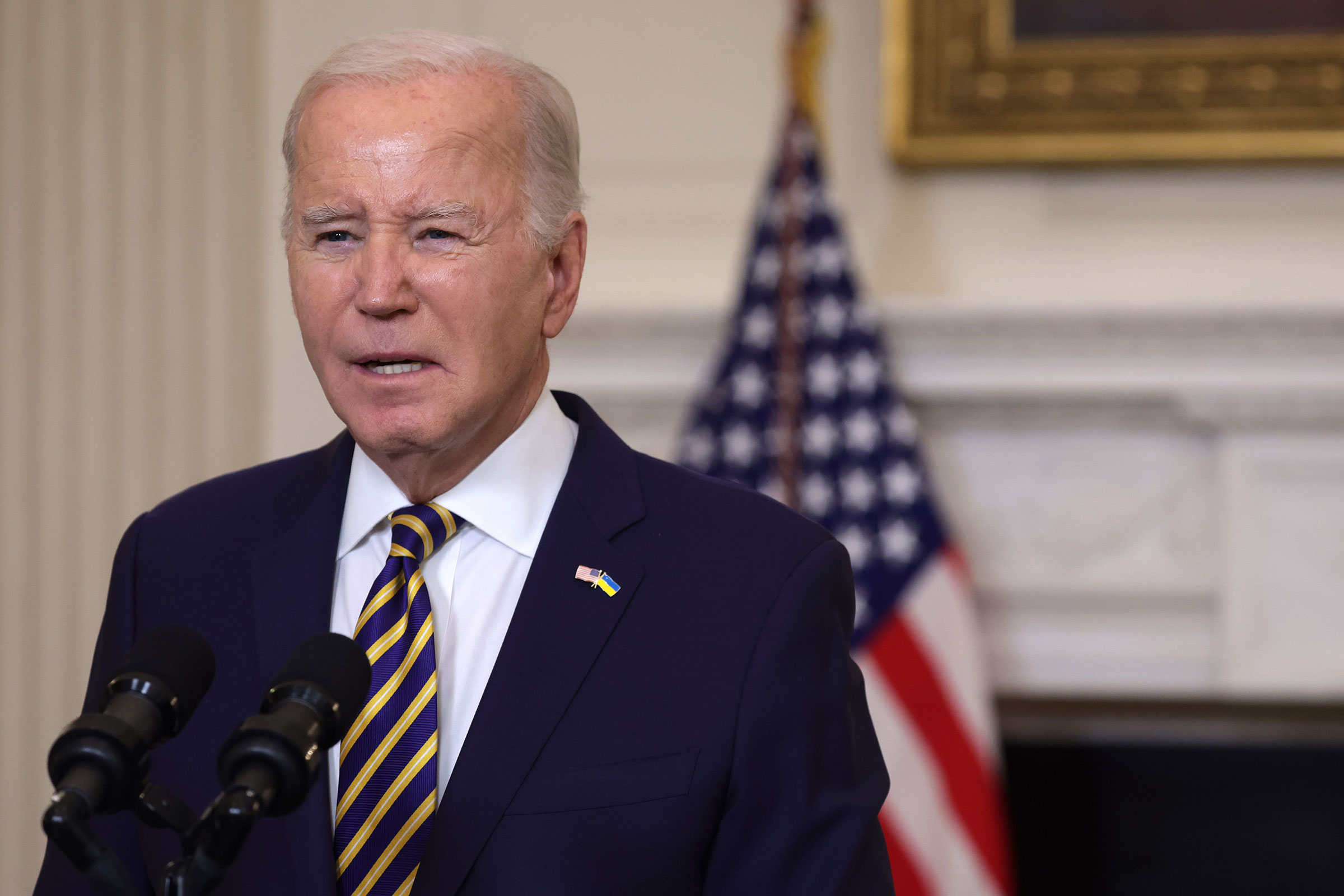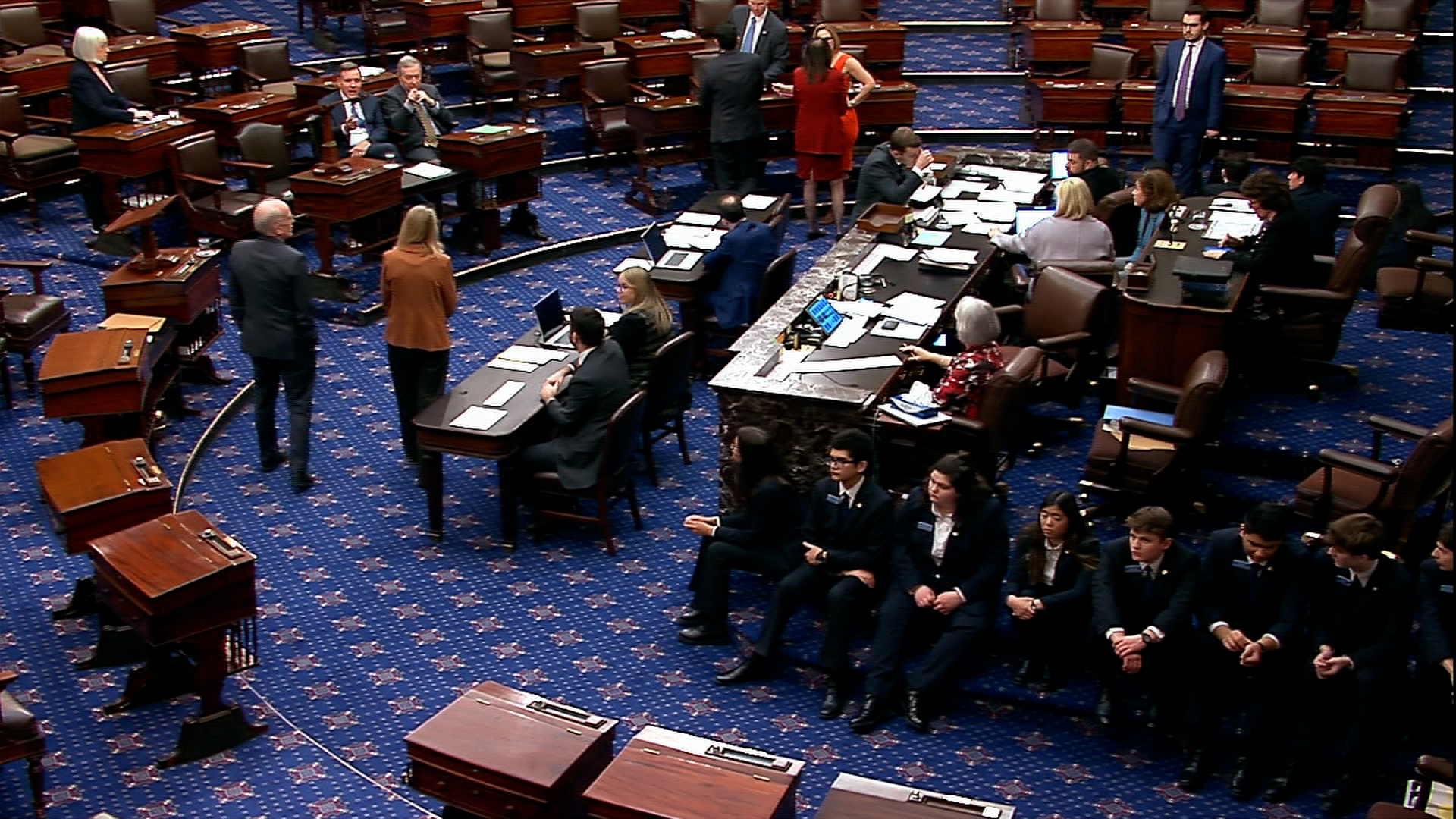Republican lawmakers are warning that dysfunction in their chamber is not only wasting time but could also lead to setbacks in the general election in November as the party is crippled by infighting over their leadership and the best path forward for aid to Ukraine, Israel and the border.
“I just don’t think the last three months could have been handled any worse,” GOP Sen. Josh Hawley, a long-time critic of Minority Leader Mitch McConnell said. “Why would voters look at what goes on over here — the circus — and say, ‘Yeah. We want more of this?'”
After Senate Republicans rejected a carefully negotiated border deal from their colleague Sen. James Lankford, the party finds itself back in the same position it was months ago. Many want to send money to Ukraine but disputes are erupting about the best strategy to get there.
Allies of McConnell’s say it’s not the leader who is causing the problem. Instead, they argue the issue is the compounding missteps in the House.
“We are going to win West Virginia, we are going to win Ohio. We are going to win Montana. We have great candidates in all of them. I think Nevada and Arizona are at play. I am confident we are going to win back the Senate. The House… man they’ve gotta get some stuff working for them,” Sen. Markwayne Mullin, a Republican from Oklahoma, told CNN on Wednesday.







